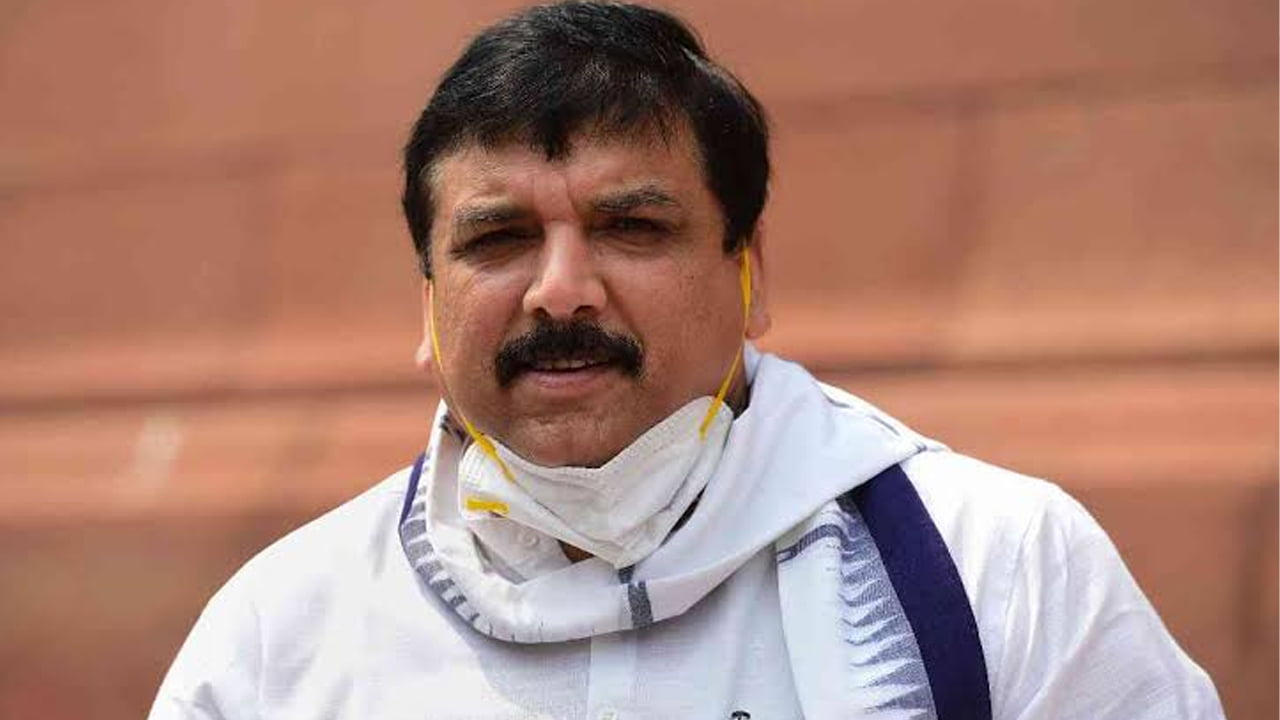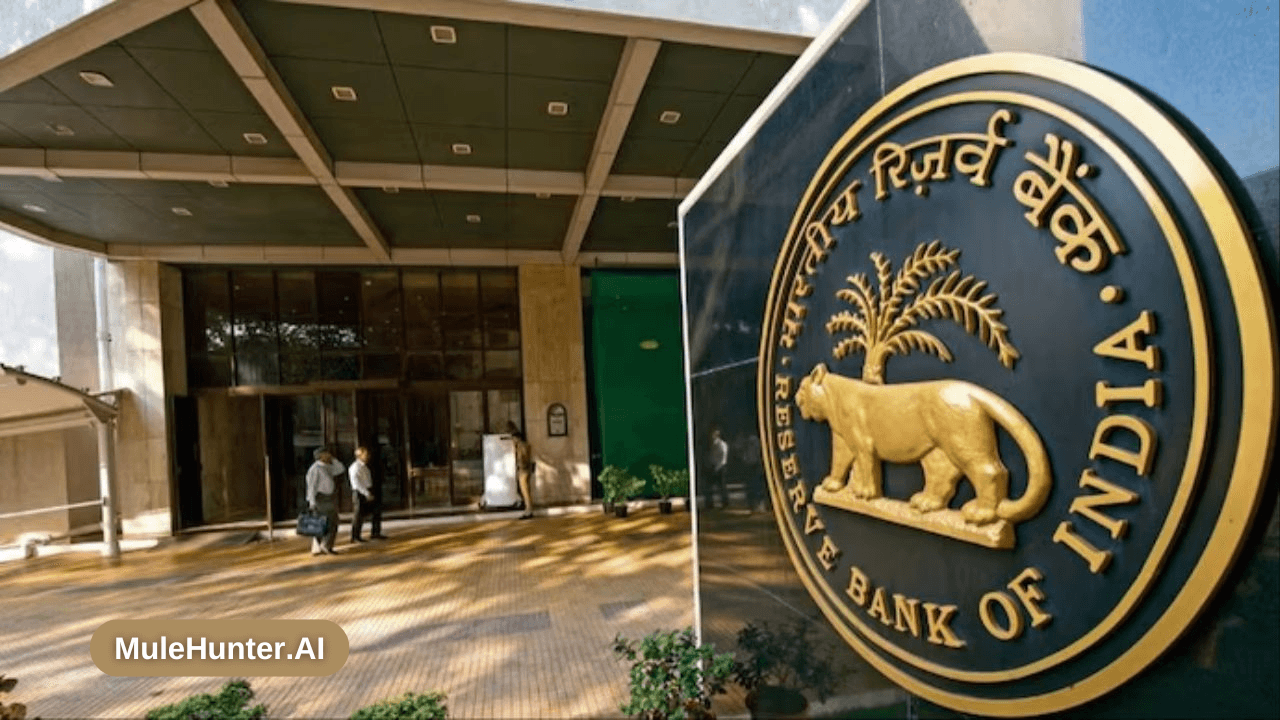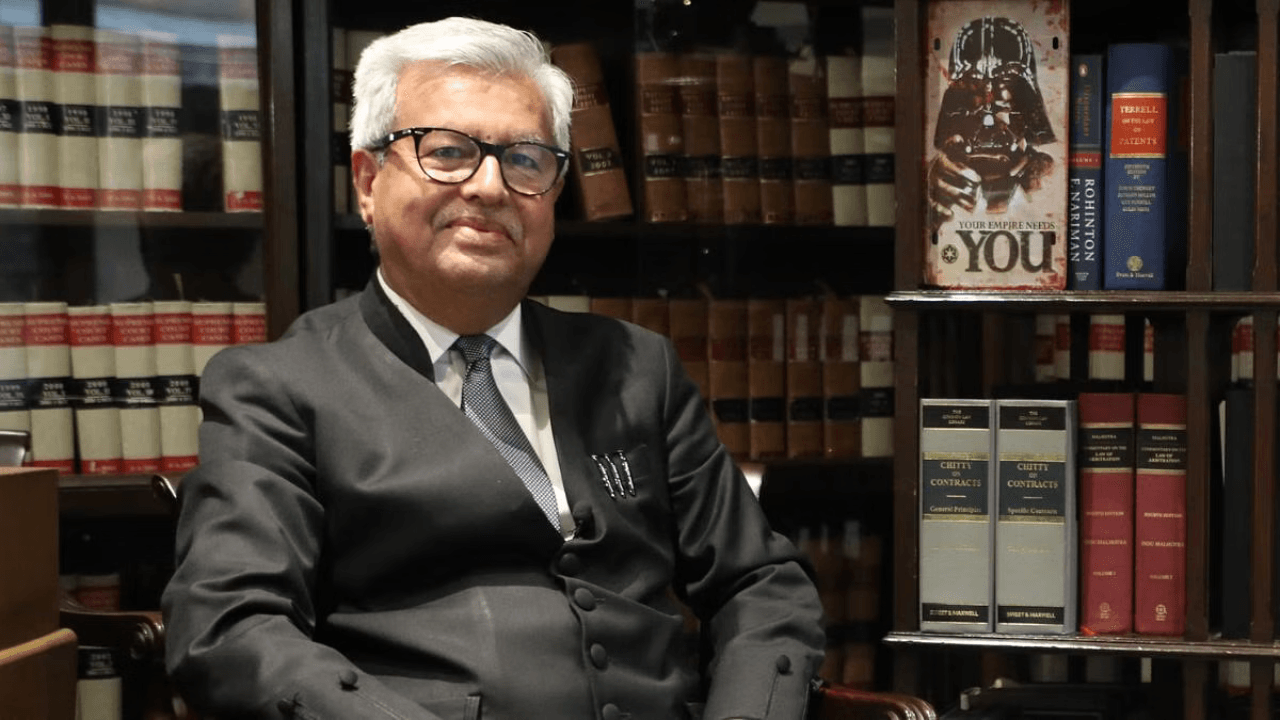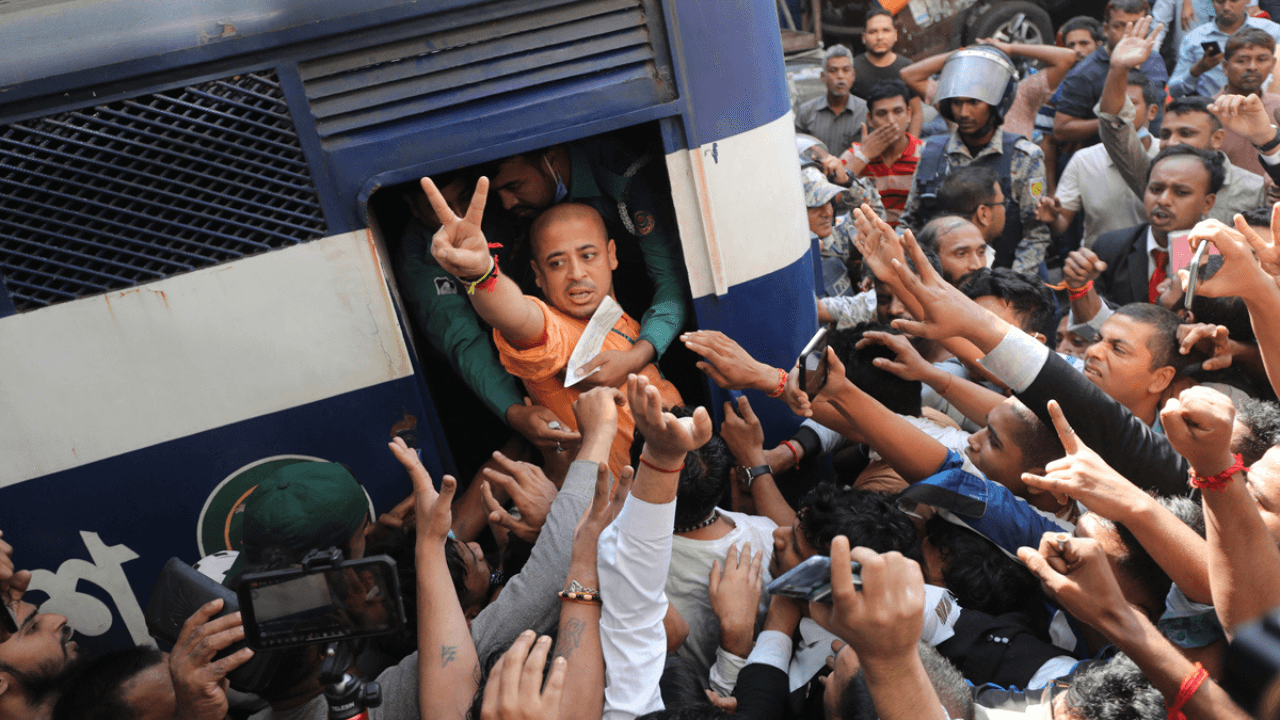AAP Rajya Sabha MP Sanjay Singh, recently released from jail, has made a startling assertion that Delhi Chief Minister Arvind Kejriwal will continue to govern the capital from behind bars. Singh, addressing a public rally, assured the 2 crore residents of Delhi that Kejriwal would not resign despite his incarceration.
Sanjay Singh, citing his knowledge of the jail manual gained during his time in custody, explained that inmates are permitted to write as many letters as they wish.
The question still remains the same: Will Kejriwal remain the chief minister of Delhi? However, this case has sparked a fresh discussion on legal remedies. According to the law of the land, any person accused of a crime has the right to bail. “Bail is a right, and its denial is exceptional.” In all cases, bail should be granted unless there is a chance the accused could hamper the process of justice or flee the country, provided the accused ensures they will appear in court whenever required. Additionally, if the accused can demonstrate actual losses due to the alleged crimes.
In this scenario, Kejriwal’s arrest disrupts the process of governance. However, the main loss is incurred by INDIA BLOC, as their star campaigner is behind bars ahead of the Lok Sabha election 2024. Sanjay Singh’s release on bail yesterday gives a glimpse of hope that justice delayed but not denied. However, numerous people are being denied bail rights, raising the question for debate of whether those bail denial is an exceptional case.
Sanjay Singh raises questions about the practicality and legality of governing from jail. According to legal experts, while inmates have certain rights, including the right to communicate, the idea of a chief minister actively governing from inside a jail cell raises significant legal and ethical concerns.
The Indian Penal Code (IPC) provides guidelines regarding the treatment and rights of jail inmates. Section 30 of the IPC states that a prisoner has the right to communicate with the outside world, subject to reasonable restrictions imposed by prison authorities. Section 31 specifies that such communication must be subject to scrutiny to prevent abuse.












